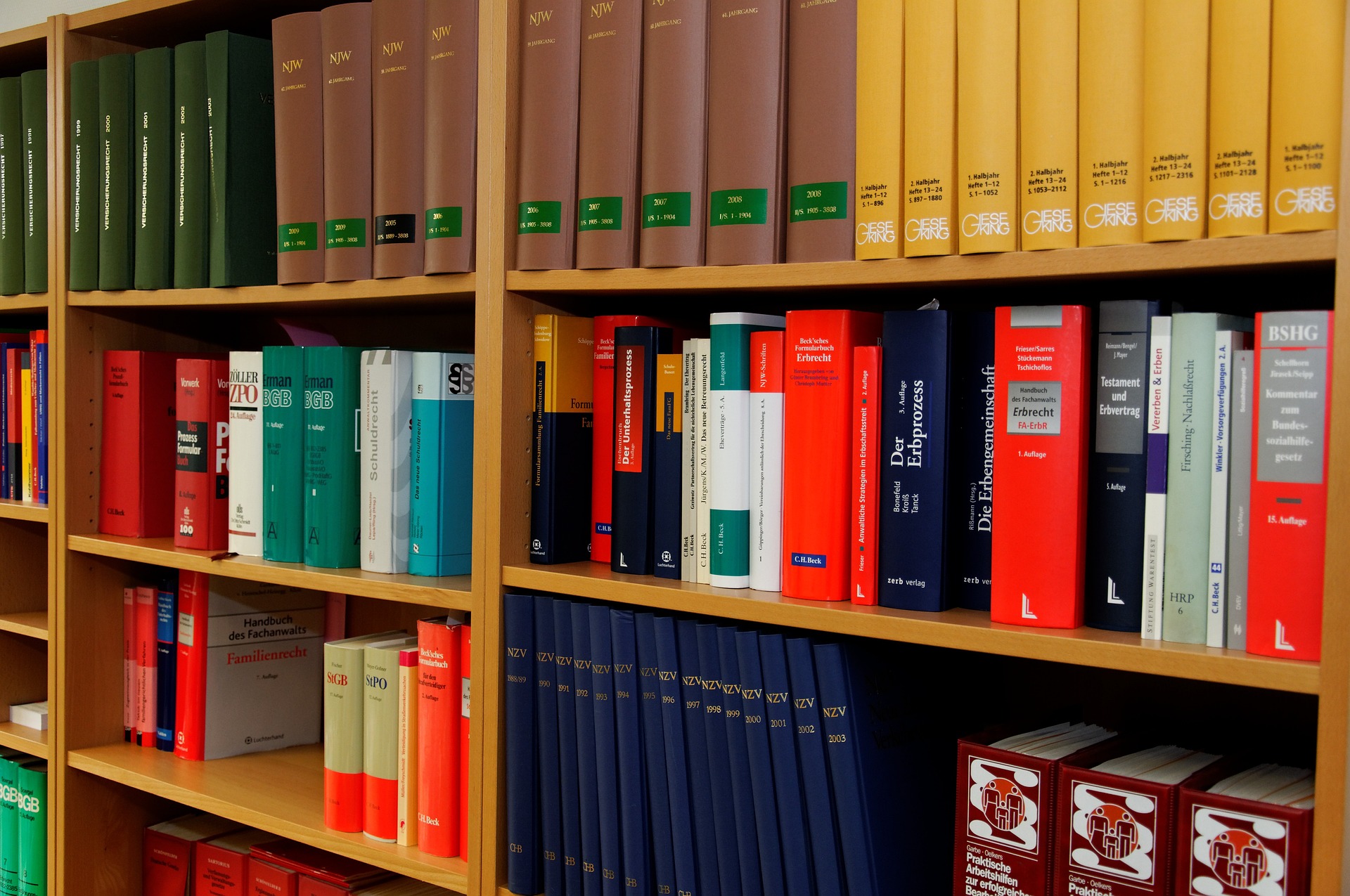Reevaluating the Role of Precedent in Modern Jurisprudence
In the world of law, few concepts are as fundamental as the notion of precedent— the principle that a court decision in an earlier case should guide decisions in similar, future cases. This article will delve into the evolution, current status, and future implications of this foundational principle of the legal system.

Historical Overview of Legal Precedent
Precedent, or “stare decisis,” is a legal principle that originated from the English common law system. Its roots trace back to the 12th century, where previously made decisions were used as a guide for ruling on similar cases. The rationale behind this was to maintain consistency and fairness in the legal system, ensuring like cases were treated alike. Over time, this principle has been adopted by many legal systems worldwide, including the United States, where it remains a cornerstone of the justice system.
The Role of Precedent in Today’s Legal System
In contemporary legal systems, the principle of precedent continues to guide judicial decision-making. However, the application of this principle has become more nuanced. With the advent of more complex societal issues and legal disputes, courts are often faced with cases that bear little resemblance to previous ones. In such instances, judges may choose to distinguish the current case from the precedent, or even overrule the precedent if it is deemed outdated or unjust.
Recent Challenges to the Principle of Precedent
However, in recent times, the principle of precedent has come under scrutiny. Critics argue that rigid adherence to precedent can stifle innovation in legal thought and hinder societal progress. For instance, in the landmark case of Brown v. Board of Education, the U.S. Supreme Court overruled the precedent set in Plessy v. Ferguson, declaring separate but equal racial segregation in public schools unconstitutional. This case underscored that precedents, while important, are not infallible and can be overturned when they no longer serve justice.
The Implications of Changing Views on Precedent
The evolving views on the role of precedent in the legal system have profound implications. On one hand, a flexible approach to precedent can allow for the law to adapt to changing societal norms and values. On the other hand, deviating too freely from precedent can undermine the predictability and stability of the law, leading to legal uncertainty. The challenge, therefore, lies in striking the right balance between these competing considerations.
Looking Ahead: The Future of Precedent in Jurisprudence
As we move forward, the role of precedent in modern jurisprudence is likely to continue evolving. Courts will need to grapple with finding the delicate balance between respecting past decisions and adapting to changing societal circumstances. The ongoing debate on this issue underlines the dynamic, ever-evolving nature of law and its ability to reflect societal values and norms.
In conclusion, while the principle of precedent has been a longstanding pillar in the legal system, its role and application are continually being reassessed. As society evolves, so too must our understanding and application of these legal principles. Given its implications on the predictability, stability, and fairness of the law, the conversation on the role of precedent in jurisprudence is one that is both timely and necessary. The future of precedent will be shaped by this ongoing dialogue, reflecting our collective aspirations for a just and equitable society.




